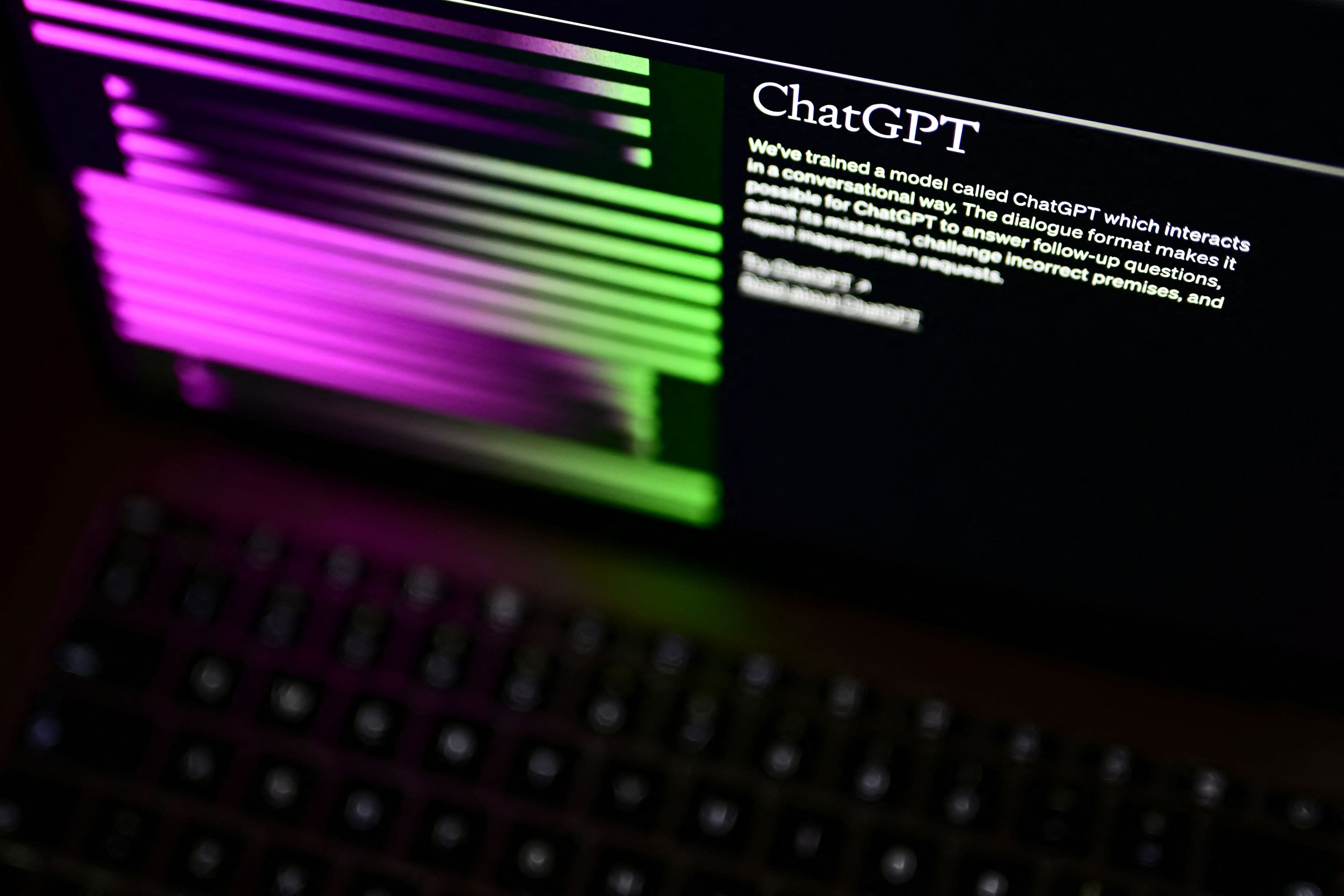WASHINGTON — Generative artificial intelligence that fuels products like ChatGPT will embolden hackers and make email inboxes all the more tricky to navigate, according to the U.S. National Security Agency cybersecurity director.
While much-debated AI tools will not automate or elevate every digital assault, phishing scheme or hunt for software exploits, NSA’s Rob Joyce said April 11, what it will do is “optimize” workflows and deception in an already fast-paced environment.
“Is it going to replace hackers and be this super-AI hacking? Certainly not in the near term,” Joyce said at an event hosted by the Center for Strategic and International Studies think tank. “But it will make the hackers that use AI much more effective, and they will operate better than those who don’t.”
U.S. officials consider mastery of AI critical to long-term international competitiveness — whether that’s in defense, finance or another sector. At least 685 AI projects, including several tied to major weapons systems, were underway at the Pentagon as of early 2021.
With enough training, the technology can handle menial tasks, such as answering questions and digging up contact information, or augment military operations by parsing tides of incoming information and facilitating exploration of areas deemed too dangerous for troops.
Something as sophisticated as OpenAI’s ChatGPT, Joyce said Tuesday, can be used to “craft very believable native-language English text” that can then be applied to phishing attacks or foreign influence campaigns. ChatGPT is capable of holding humanlike conversations with enough prompting, and it can provide content like poetry, essays or computer code within seconds.
“That’s going to be a problem,” Joyce said.
OpenAI CEO Sam Altman has acknowledged potential risks, telling ABC News in March that he worries about how “these models could be used for large-scale disinformation” and “could be used for offensive cyberattacks.” He also sought to explain its guardrails, meeting with lawmakers earlier this year to demystify the product.
ChatGPT logged more than 1 million users within a week of its late-2022 launch. The application is thought to be the fastest growing in history, outpacing TikTok and Instagram to 100 million active monthly users.
Colin Demarest was a reporter at C4ISRNET, where he covered military networks, cyber and IT. Colin had previously covered the Department of Energy and its National Nuclear Security Administration — namely Cold War cleanup and nuclear weapons development — for a daily newspaper in South Carolina. Colin is also an award-winning photographer.





